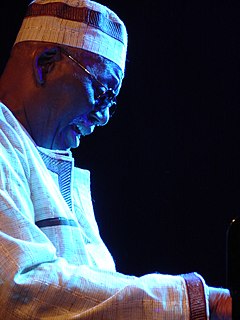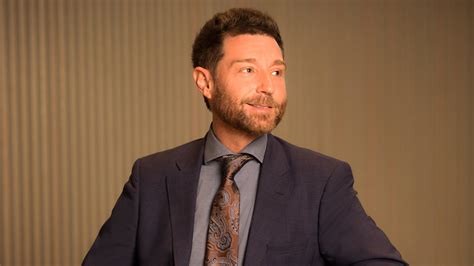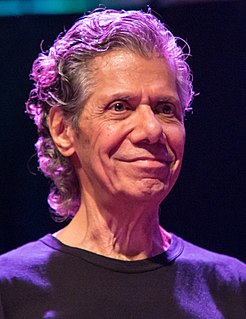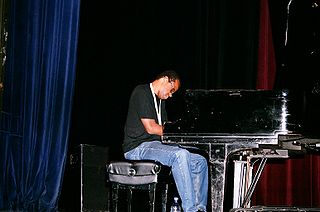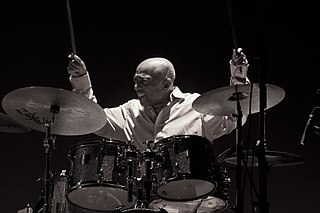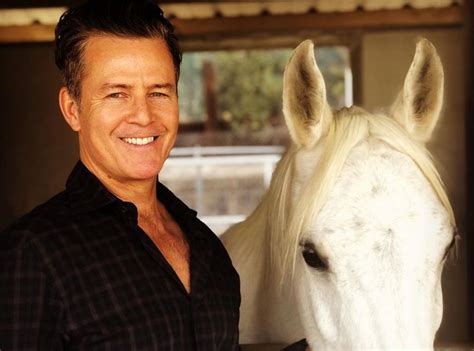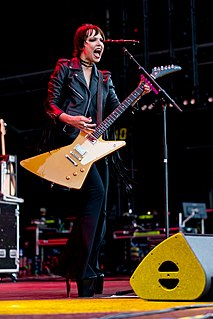A Quote by Randy Weston
At first I didn't understand what [Thelonious Monk] was doing, but I went back again, and what I can say about Monk is that I heard ancient Africa in his music. When he played, it was like a ballet. He captured the sound of the universe. Monk could take a triad, a simple chord, and make it sound dissonant. I'm sure that element he had in his piano was part of the two years he spent traveling with his mother in gospel music in the tent shows.
Related Quotes
Monk's music is often defined as enigmatic, eccentric and humorous - as if it had little to do with the pain he may have endured to create his art. But I believe Monk routinely shared his history with his audience, no matter how unpalatable that history was, and it is for that very reason that his music connects with people around the globe.
[Thelonious] Monk is a subject in itself. I mean, most piano players in most big bands sit down and they play with the band, you know. But Monk would just sit there like this. And all of a sudden there'd be a pause from all the trumpets and everything and Monk would go 'plink!' like that. And everybody would go 'Yeah!
Monk was a gentle person, gentle and beautiful, but he was strong as an ox. And if I had ever said something about punching Monk out in front of his face - and I never did - then somebody should have just come and got me and taken me to the madhouse, because Monk could have just picked my little ass up and thrown me through a wall.
There was a lot that was tricky about playing with [Thelonious Monk]. It's a musical language where there's really no lyrics. It's something you feel and you're hearing. It's like an ongoing conversation. You really had to listen to this guy. Cause he could play the strangest tempos, and they could be very in-between tempos on some of those compositions. You really had to listen to his arrangements and the way he would play them. On his solos, you'd really have to listen good in there. You'd have to concentrate on what you were doing as well.
If you hear Thelonious Monk play a run that goes from the top of the piano, OK, he has opened up the Grand Canyon with that. He's the river that's carved this entire space that we call the Grand Canyon. He does that with one run. He lets you know, like, what the possibility of the sound of the piano can do.
Amma Theodora said: A certain monk, afflicted by many sorrows, said to himself, "Leave this place." With these words he began to put his sandals on his feet, and suddenly he saw the devil in the form of a man sitting in the corner of his cell. The devil was also putting on his sandals. He said to the monk, "Are you leaving here because of me? Well then, wherever you go, I will be there before you."
I got into music when I was a little boy. My dad was always into jazz. I got my education from him. The first time I listened to jazz, he gave me a Thelonious Monk record. It was so different from anything I had ever heard. It took me a while to understand it, and I liked that. I liked the fact that it wasn't immediately palatable.
